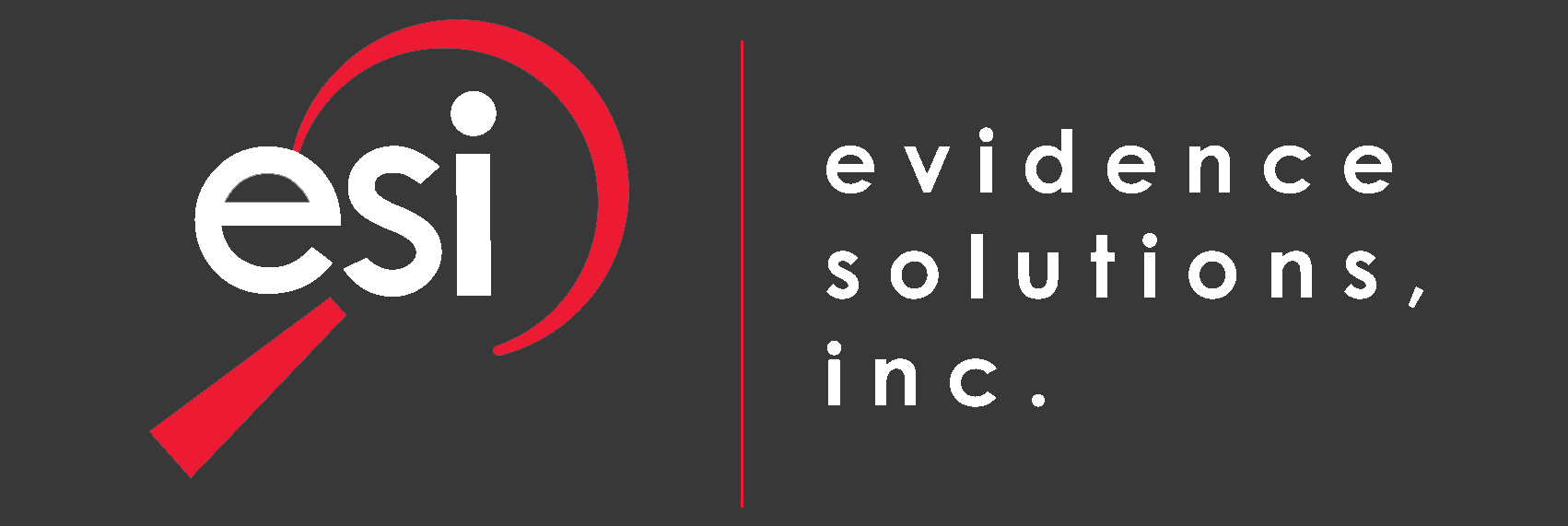BewareTechnical Support Scams!
One of our Evidence Solutions, Computer Forensics employees received a call from a “Technical Support Desk”. The technical support person said that one of our computers was not responding and that they needed to take a look at it. Knowing this was a scam, the ESI employee told the operator that he didn’t even own a computer and nor did anyone else in his household. The operator said that he probably had the wrong number and that he should have a good day.

Beware Scams Including Technical Support Scam Calls.!
The call was from a scammer, hoping that our employee would give them access to their computer and let them “fix it” for a small fee, usually a few hundred dollars. Obviously, Evidence Solutions maintains all of its systems in house. So, this call stood out like a sore thumb. But others have not been so lucky. There have been thousands of reports of calls similar to this where the recipient did indeed give the caller access to their computer and pay the fee, only to have their identity stolen or a very nasty virus installed on their computer.
Another similar fraud is a tech support company that lures you to their website with pop-up ads or web searches. The scammers then tell you to call a phone number to activate or register the software. On the phone, they ask for remote access to your computer. Usually, the scammer will tell you that your computer has many errors that need to be fixed immediately. These scammers are selling software that claims to increase your computer’s performance.
It’s all part of the scammer’s plan to sell you bogus “security” or “technical support” products or services. Don’t believe it. Your computer is fine. They want to charge you, sometimes several hundreds or even thousands of dollars, for software and services that you don’t need and that doesn’t help.
So a few things to remember:
- You will not get a call from Microsoft, or any other national technical support company for that matter, to tell you your computer is not responding or that it needs updates. Those sorts of things will not be visible to them. You would need to call and inform them. That is the only way that they would know.
- If you do get a call like this, it is best to simply inform them that you do not own a computer. No computer, no reason for them to call you.
- Inform your trusted help desk of the contact. If you have an internal technical support team at work they will be aware of these scams and will respond promptly. If you use an outside technical services company check with them about the latest threats.
- Don’t ever give control of your computer to someone you don’t know and trust. Do not, give control of your computer to someone who says they need to activate software or anything else. Learn how to activate the software yourself.
- Do not allow someone who calls you out of the blue to take control of your computer.
- Do not ever provide credit card, financial, passwords or other personal information to someone who claims to be from tech support.
- Learn how to protect your computer from malware.
You can listen to the call by clicking the link below and be sure to keep an eye (or an ear) out for these scammers.
Our aging population is especially vulnerable to these types of calls. They also need to get the message.
Please spread this message around.

